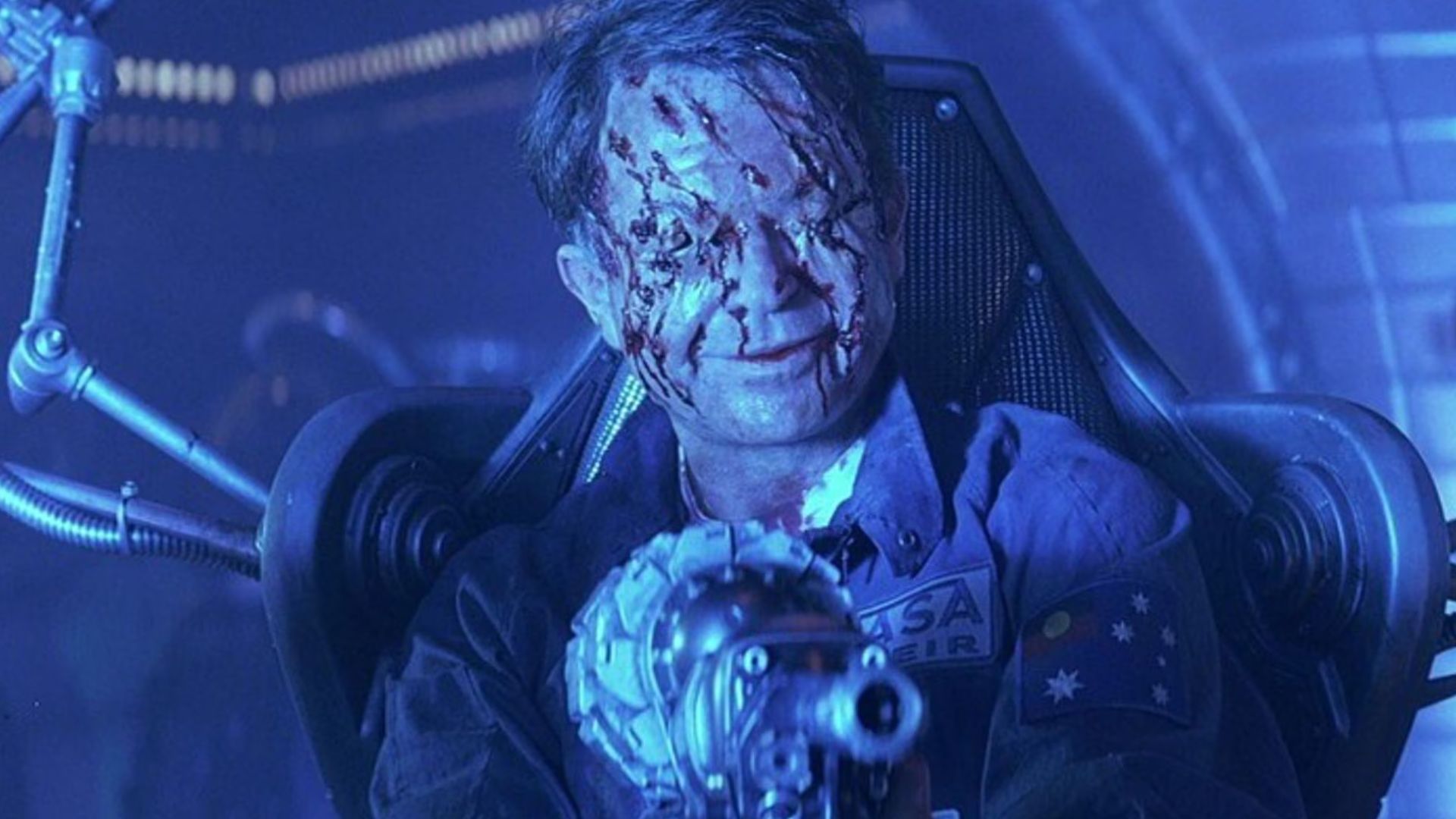The End of Los Ratones: Caedrel confirms closure of the project

In 2024, Marc “Caedrel” Robert Lamont created Los Ratones, a remarkably different team in League of Legends (LoL). After being eliminated from the LEC Versus competition, Caedrel announced the end of the Los Ratones project.








